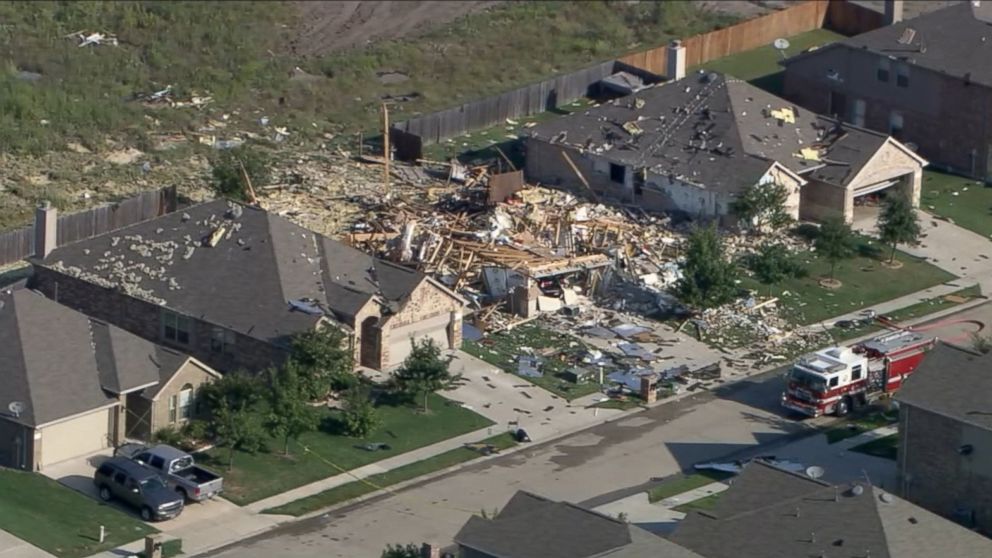Why is a Gas Leak Dangerous in your Home?

Gas is an essential utility in our homes, powering our stoves, heaters, and other appliances. However, a gas leak can be incredibly dangerous and can lead to severe health problems or even fatalities. In this blog post, we will discuss why a gas leak is dangerous in your home and what you should do if you suspect a gas leak.
Gas leaks can be caused by several factors, including faulty appliances, aging pipes, and poor installation. When gas leaks occur, the gas can spread throughout your home, creating a dangerous situation. The most significant risk associated with gas leaks is the potential for explosions. Gas is highly flammable, and even a small spark can ignite it, causing a devastating explosion. These explosions can destroy homes, injure people, and even result in fatalities.
In addition to the risk of explosions, gas leaks can also lead to carbon monoxide poisoning. Carbon monoxide is a colorless, odorless gas that is produced when natural gas is burned. When inhaled, carbon monoxide can cause headaches, dizziness, nausea, and even death. It is essential to have carbon monoxide detectors in your home to detect the presence of this gas.
Another risk associated with gas leaks is the potential for fires. These leaks can cause gas to build up in enclosed spaces, creating a fire hazard. If the gas is ignited by a spark, it can result in a fire that can quickly spread throughout your home.
Signs of a Gas Leak In Your Home:
- A strong odor of gas: Natural gas has a distinct odor, which is often compared to the smell of rotten eggs. If you detect a strong, unpleasant odor of gas, it may be a warning sign.
- Hissing or whistling sounds: If you hear a hissing or whistling sound coming from your gas appliances or gas lines, it may be an indication of a leak. The sound is caused by the gas escaping from the pipes.
- Dead vegetation around gas lines: If you notice dead vegetation, such as grass or plants, around your gas lines, it could be a red flag. Gas leaks can kill vegetation and cause it to turn brown or wilt.
- Physical symptoms: Gas leaks can cause physical symptoms such as headaches, nausea, dizziness, fatigue, and shortness of breath. If you or anyone in your family experiences any of these symptoms, it is essential to evacuate the building immediately and seek medical attention.
- Increased gas bills: If you notice a sudden increase in your gas bills, it may be a sign of a gas leak. A gas leak can cause your gas appliances to work harder than usual, leading to increased gas usage and higher bills.
If you suspect a leak in your home, it is essential to take immediate action. The first step is to turn off the gas supply to your home. If you are unsure how to do this, contact your gas provider, and they will guide you through the process. Do not use any electrical appliances or switches, as these can create a spark that can ignite the gas. Open all windows and doors to ventilate your home and evacuate the building immediately. Call your gas provider or emergency services and report the leak. If you think you smell natural gas but are unsure, don’t take chances, call a certified plumber immediately. Your utility company can detect gas leaks in your home and shut off your gas, but a plumber can identify and repair them on the spot.
In conclusion, a gas leak is a severe hazard in your home that can lead to explosions, fires, and carbon monoxide poisoning. It is essential to have regular maintenance of your gas appliances and to install carbon monoxide detectors to protect yourself and your family. If you suspect a leaking gas pipe, take immediate action and evacuate the building. Call your gas provider, emergency services, or a licensed plumbing company such as Schrader Plumbing and wait for them to arrive. Remember, safety should always come first.
Categories: Gas Lines, Leak Detection,By: Michelle Kurcina
Last modified:
Last Modified: April 5, 2023 at 4:17 pm


